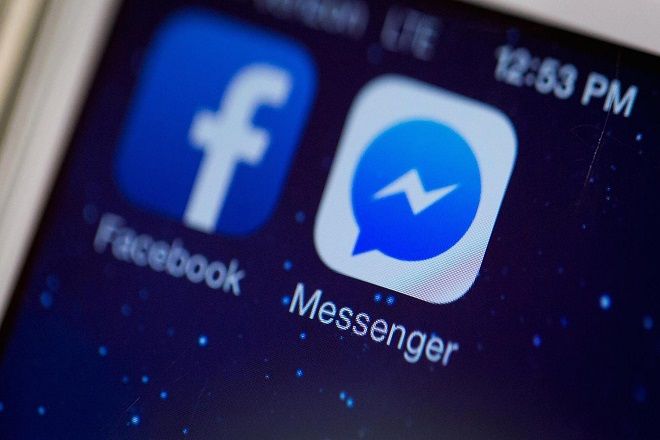The new application will be suitable for children up to 13 years old. Only parents can add friends to Messenger Kids contacts or delete messages
Facebook has introduced Messenger Kids, a special free app for kids up to 13 years old that can exchange text messages, videos and photos.
The application -a simplified version of the normal Messenger- incorporates the possibility of strict control by the parents of their child's contacts, as well as the appropriate "filters", so that children are not exposed to inappropriate content, which contains violence, nude images, sex etc.
Minor Messenger Kids users will be able to have individual or group conversations with their -parental- approved contacts, send videos, photos, sketches, etc. All child messages sent to people over the age of 13 will be displayed in the parent's Messenger application. If two children want to become online friends, they must first approve the parents.
Facebook and Messenger are typically banned from children under the age of 13, but it is estimated that more than 20 million children worldwide already use them with or without their parents' consent. The new application aims to strengthen a child's bond with his friends and family, but it is not certain that all parents will see it in an equally positive way.
Developed with the help of psychologists and other experts, as well as following the advice of 1.200 parents, Messenger Kids is a standalone application that is installed on the child's tablet or "smart" mobile phone and is controlled by the parent on Facebook.
The child does not have a Facebook account and the new application works as an extension of the parent account. Only parents can add friends to Messenger Kids contacts or delete messages.
In addition, Facebook has assured that there will be no ads or prompts for shopping through Messenger Kids. Also, the information collected by the social networking company (child's name, content of its messages, etc.) will not be used for wider advertising purposes, e.g. to send targeted ads to parents based on the messages their children are exchanging or to send related ads to teens later.
Also, Facebook will not know the exact age of each child and will not automatically move Messenger Kids users to regular Messenger or Facebook when they reach the age of 13. If the child after the age of 13 wants to become a Facebook user, a new separate account will be opened, to which the data will not be transferred from Messenger Kids.
The new app, which took 18 months to develop, will initially be available in the US on Apple devices running iOS, followed by Android devices and more countries, according to the BBC and Reuters.
According to analysts, Facebook is essentially trying to attract new generations of users and "tie" them, before another competing application, such as Snapchat, catches the interest of a child aged six to 12. Then Facebook justifiably "bets" that most of these kids, when they grow up, will become regular users.
But some question whether such a young child should use social media, even under parental control. Some scientists even express concern about the effect on the child's brain.
Others - despite Facebook's safeguards - are concerned about the collection of personal data about children and are not sure they should trust the intentions of the larger social media. On the other hand, Facebook itself knows that Messenger Kids can become a "minefield", so it will have every reason to ensure that children will not be exposed to inappropriate content.
Source: News247
